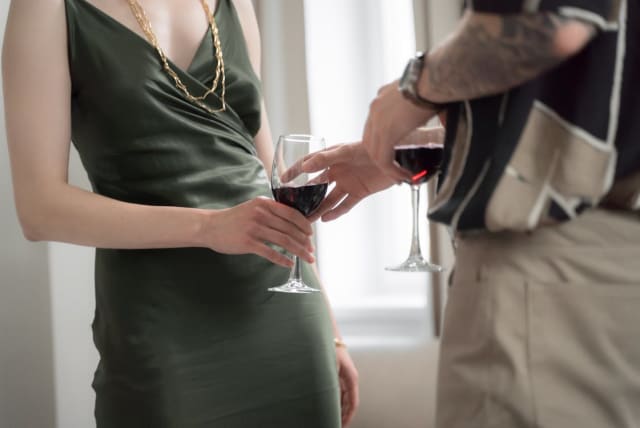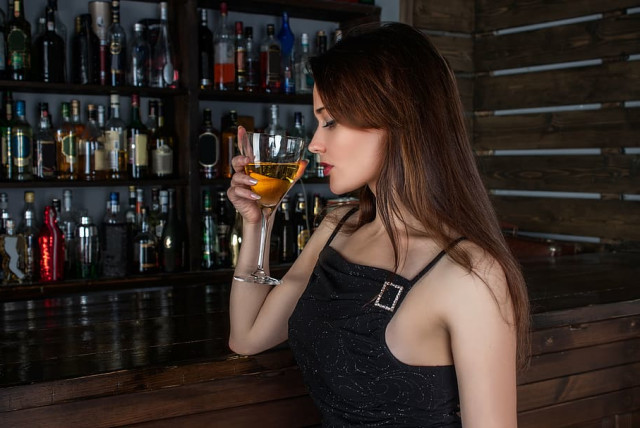Alcohol won’t make others sexier, just you more confident - study

"Beer goggles" is a theory that says that alcohol can make you perceive others as more attractive.
A recent study throws the idea of “beer goggles” into doubt, suggesting that alcohol doesn’t make people seem more attractive, but rather that it makes those who consume it more likely to interact with those they already found to be attractive.
The study was published on Tuesday in the Journal of Studies on Alcohol and Drugs, a peer-reviewed scientific journal.
“Perception of physical attractiveness (PPA) is a fundamental aspect of human relationships and may help explain alcohol’s rewarding and harmful effects,” the researchers note in the study. “Yet PPA is rarely studied in relation to alcohol, and existing approaches often rely on simple attractiveness ratings.”
The study advanced the realism of the attractiveness ratings as the participants in the study were led to believe that it was possible that those that they rated as the most attractive may be paired with them in a future study.
How was the study conducted?
The study was conducted among 34 young men aged 21 to 27. Ethnically, the majority, 20 participants, were white. 14 others were Asian and the remaining two were black.
Additionally, with the exception of one gay and one bisexual individuals, they were all heterosexual.
The men participated in the study in pairs, having come with friends whom they had known for an average of about 3.5 years and with whom they reported drinking, on average, 3.88 times per month.
In total, the men reported drinking 2.28 days per week.
Participants rated the attractiveness of 16 women (and men, or men and women, for the gay and bisexual participants respectively), viewed as images on a computer.
Later, after consuming a cranberry cocktail that the participants knew contained no alcohol, they rated the same women on attractiveness and selected the four that they would most like to meet.
It is significant to note that the women the men selected they would most like to meet were not necessarily the women that they found most attractive.
Later, they repeated the experiment, except this time after consuming a cranberry cocktail that they knew did contain alcohol.
In the end, the PPA ratings remained constant between sessions conducted before and after alcohol was consumed.
However, after the session where alcohol was consumed, the group of four women the participants selected as those they would most like to meet was, on average, comprised of a greater proportion of the women they had rated as most attractive.
“Although alcohol did not affect traditional PPA ratings, alcohol did increase the likelihood of choosing to interact with more attractive others,” the researchers noted. “Future alcohol - PPA studies should include more realistic contexts and provide assessments of actual approach behaviors toward attractive targets, to further clarify the role of PPA in alcohol’s hazardous and socially rewarding effects.”
This last point is particularly germane to the findings of the study as, as the study itself notes, being presented with an individual one is attracted to in person as opposed to merely an image of them can have a significant impact on a participant’s confidence and willingness to interact.
Jerusalem Post Store
`; document.getElementById("linkPremium").innerHTML = cont; var divWithLink = document.getElementById("premium-link"); if (divWithLink !== null && divWithLink !== 'undefined') { divWithLink.style.border = "solid 1px #cb0f3e"; divWithLink.style.textAlign = "center"; divWithLink.style.marginBottom = "15px"; divWithLink.style.marginTop = "15px"; divWithLink.style.width = "100%"; divWithLink.style.backgroundColor = "#122952"; divWithLink.style.color = "#ffffff"; divWithLink.style.lineHeight = "1.5"; } } (function (v, i) { });

